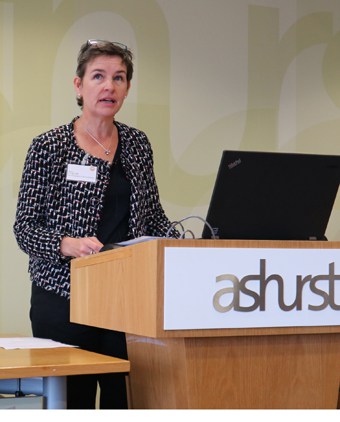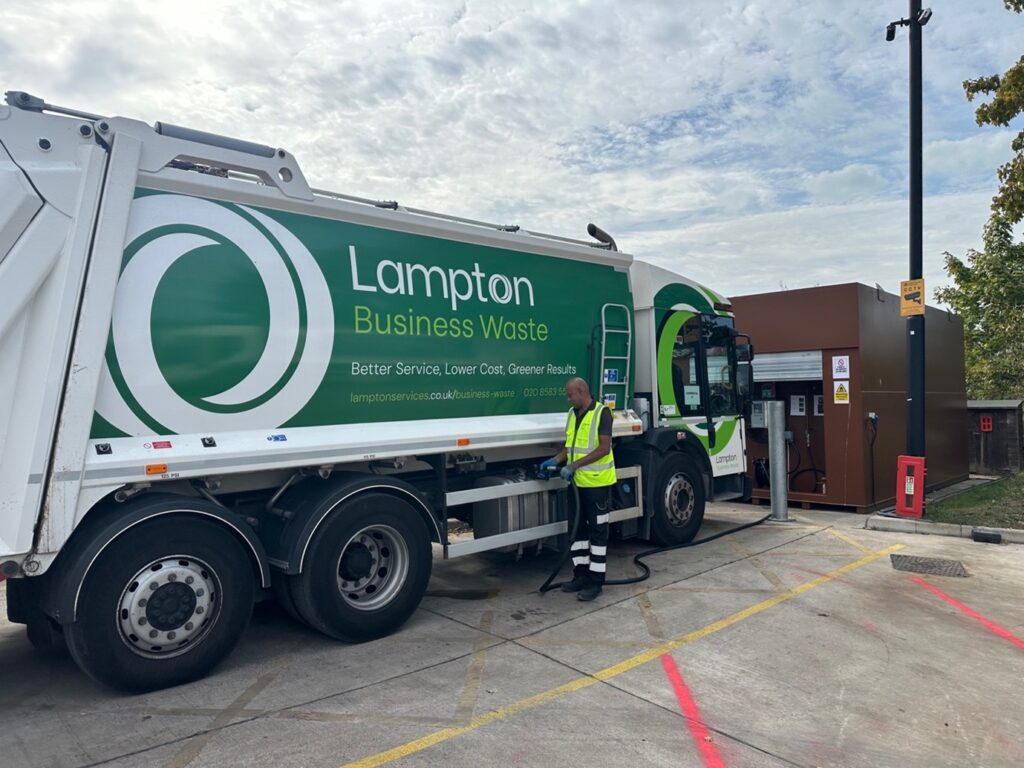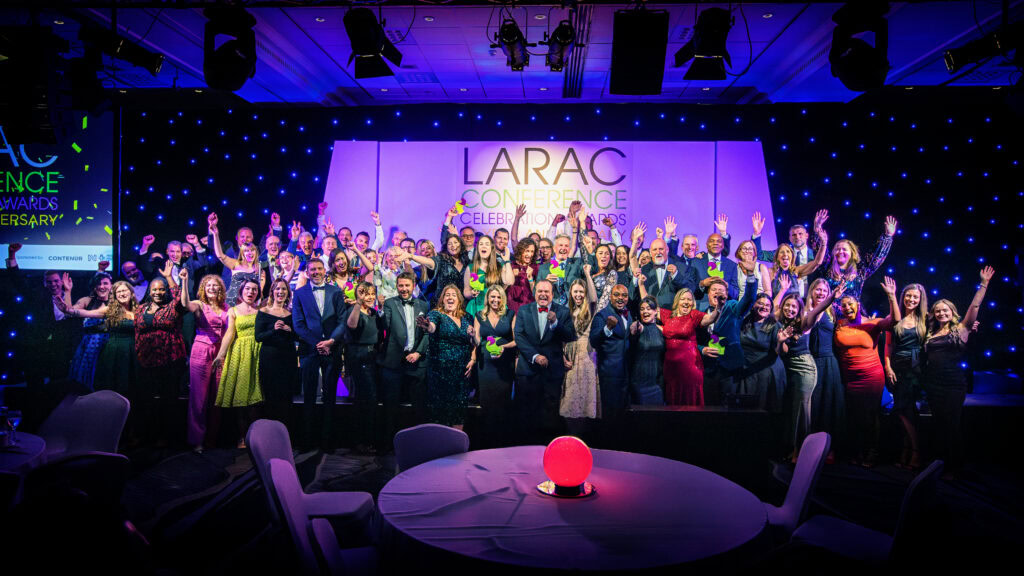In particular she urged councils to make more use of social media.

The Wakefield MP, who currently chairs the Environmental Audit Committee, was speaking on Tuesday (April 17) at the annual Recycling Association conference on quality, in London.
Mrs Creagh explained that in this “era of austerity”, anything which is non-statutory for local authorities to provide has generally been stripped back, as councils deal with an ever-decreasing central government budget. Overall council budgets have fallen by nearly 50% since 2010, she added.
‘Wildly behind’
In response to calls at the conference for more public communications such as television messaging to increase the quality of recycling, Mrs Creagh urged industry and local authorities to explore other avenues, branding the sector as being “wildly behind”.
She argued: “Television campaigns can be very expensive and I just don’t understand why nobody seems to be advertising on social media. We can see the enquiry on Cambridge Analytica and how easy it is to target people based on their interests. Certainly in general election campaigns, I was able to segment people I wanted to talk to. For example, those interested in the Labour Party and social issues as well as teachers and nurses with my campaigns, and this cost less that £1,000.
“This is one field where this industry is wildly behind the times in terms of putting out the message for what can be recycled. It is done at a fraction of the cost as well.”
Food waste
Mrs Creagh went on to say that in some local authorities, drastic changes to collections have been made, including the introduction of food waste collection, yet there has been little communication, which leads to a higher contamination rate.
Some communication methods that councils take include leafleting, as well as local radio adverts and other means. However, Mrs Creagh tipped social media to be the future of this type of communication.

She stated: “I believe the way we will go, we will see more and more spent on social media than conventional advertising. The public information budget has been completely got rid of. Also, the WRAP budget has been heavily cut, which means it is not the fighting force it once was and it doesn’t do the public outreach it used to, as the resources simply aren’t there.”
Quality
Also speaking at the event was Simon Ellin, chief executive of the Recycling Association, who discussed the importance of quality across the supply chain and the need for improvements in packaging design with actions required across the whole chain through to the household.
Mr Ellin explained that a change to the recycling service where he lives saw a sticker placed on his bin to explain. However, this was placed sideways on the inside lid.
“That was it, a label put on sideways. Who in their right mind will read that? This is symptomatic of how councils can sometimes get this wrong,” he explained.
Mr Ellin added: “If significant investment is made into public communications, I believe it would be recouped in a year. I used to work with local authorities around 30 years ago, I was visiting schools and doing marketing. Here we are 30 years on , and if anything things are getting worse. Why isn’t that working?”








Subscribe for free